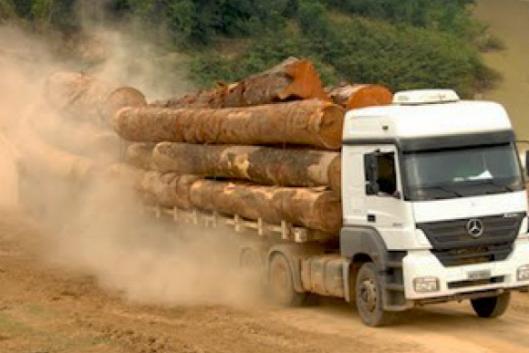On the eve of another world conference on the environment – Rio+20 – which places emphasis on the climate crisis, we are witnessing major efforts by the centres of world power to promote a discussion with no real discussions. The worn-out model of “sustainable development”, now recycled under the new name of “green economy”, is being put forward as the only alternative to “save the planet”.
The mass media monopolies translate the debate in “common sense” terms as a dispute between those who propose “viable alternatives” (such as “sustainable development”) and the “eternal critics” who “have nothing to offer” and simply limit themselves to “blaming capitalism and multinationals” for everything. We believe that one way of breaking away from this kind of Manichean dualism which shapes so-called “common sense” is to more deeply investigate what has been proposed as an alternative under the umbrella of a “green economy”.
By examining data that demonstrates the continued destruction of forests, we want to place greater emphasis on research and analysis of the “solutions” put forward in accordance with the canons of “sustainable development”, such as “sustainable forest management” (SFM). As a reference, we will look specifically at the case of the state of Acre, in the Amazon region of Brazil, which is presented to the world as a “model for the green economy”.
